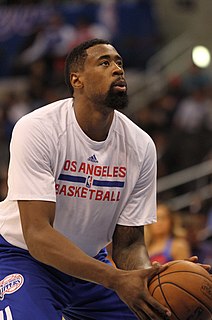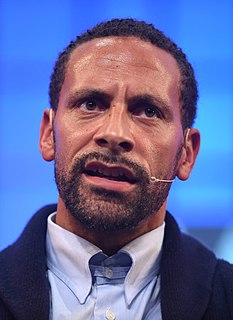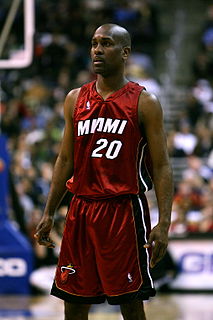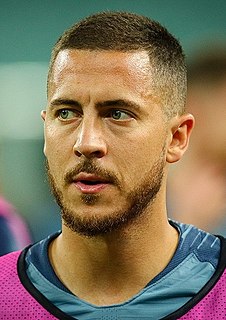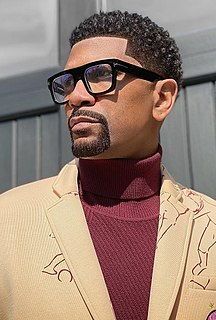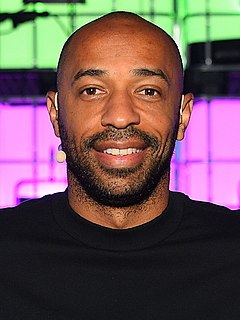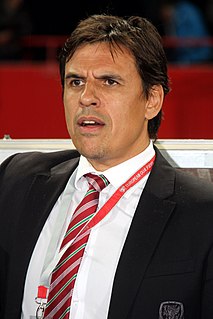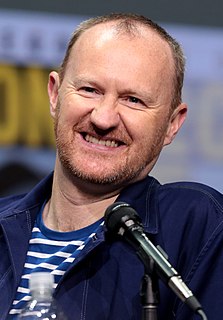A Quote by Oscar
My father loved to play the game, he never became a professional but when he was younger everyone would say he was good enough and when I heard people talking about him, I wanted to emulate him. So I started to play.
Related Quotes
I could never get bored talking about him, he was my favourite player. I loved watching him because he did everything you'd want to see in a footballer. He could dictate the pace of a game; he could take it by the scruff of the neck and control it; he could score decisive goals; he could make the killer pass; he could switch the play, open teams up, slow the game down, quicken it up; whatever was needed. He would take the ball anywhere on the pitch He was such a selfless footballer, too Scholesy was the man, all right.
Rattigan's world demanded unwavering trust in principles, loyalty, and virtue. At the time of this play - Rattigan was writing this play in 1947 about an incident that took place in 1914 - should a boy say he didn't do something, his father would believe him; a British father would take the defense of his son's honor to his grave.
My father, Jimmy Walker, was the first pick in the 1967 draft, but I never met him. He passed in 2007. I found out about him in middle school. I was old enough to understand who he was, where he went to college, and what his game was about. Older players like Bill Russell and Kareem Abdul-Jabbar have come up to me to talk about him.


